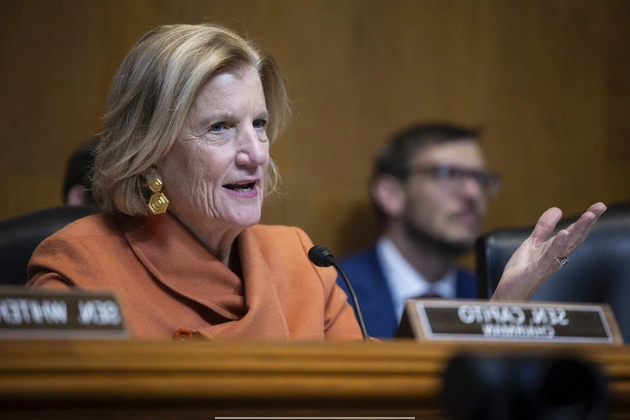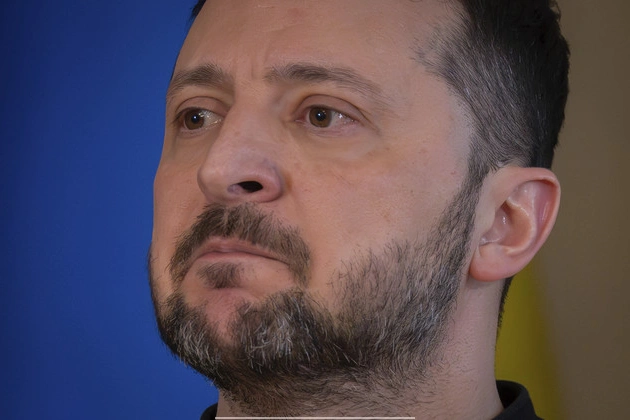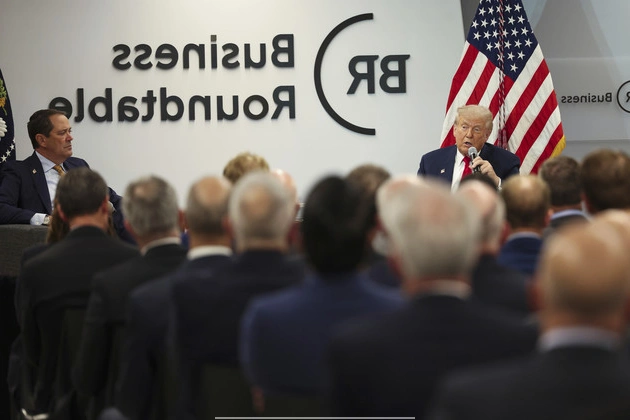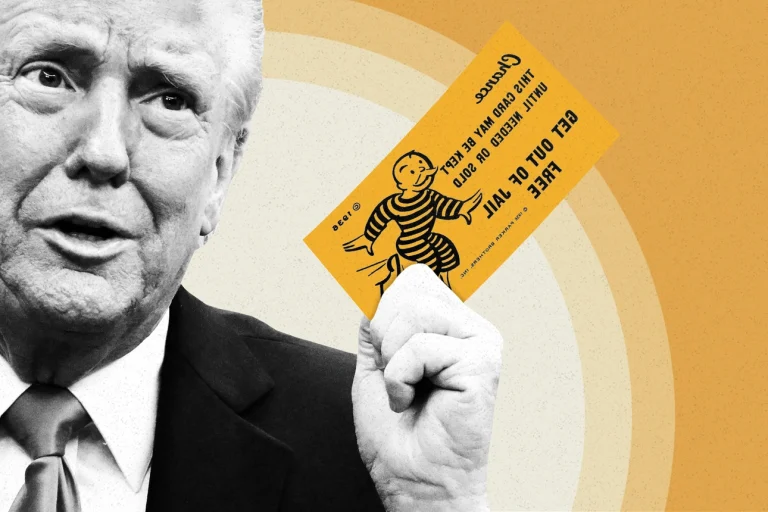
Republican lawmakers are actively opposing the sweeping cuts to the federal government initiated by President Donald Trump and Elon Musk, as these downsizing efforts begin to impact GOP constituents.
Challenges Faced by GOP Lawmakers
A growing number of GOP lawmakers are working to intervene with the Trump administration and are considering legislative actions to counter the changes. However, the Department of Government Efficiency and the Office of Management and Budget are swiftly moving forward, challenging federal law to restructure the government. This poses monumental challenges for lawmakers seeking to shield their constituents.
Efforts to Mitigate the Impact
Idaho Republican Rep. Mike Simpson, a senior appropriator, is engaging with the administration to understand how an OMB-directed, government-wide hiring freeze will impact the National Park Service. While the park service has terminated 1,000 full-time staff, seasonal hiring is resuming, exempting 5,000 seasonal positions from the freeze.
Sen. Jerry Moran, representing Kansas, has raised concerns with the White House about the impact of dismantling USAID on constituents who rely on selling crops to a government program combating hunger internationally.
Sen. Shelley Moore Capito of West Virginia, chairing an appropriations subcommittee overseeing the National Institutes of Health, has included provisions in the funding bill to prevent budget cuts in health research grants. Capito has been a staunch supporter of the NIH, tying its funding to grant opportunities in her state.
Challenges Ahead
The conflict underscores how efforts to cut the federal bureaucracy by DOGE and OMB are likely to clash with industries and interests that are significant to Republican lawmakers. This standoff also tests Capitol Hill’s influence in the current political landscape, creating a new battleground for lawmakers with direct control over federal spending.
White House Stand
Despite opposition from GOP lawmakers, the White House stands firm on the cuts, urging Congress to formalize them. This raises doubts about the extent to which Republicans can soften the impact.
Courts’ Role
Some Republicans are considering legal avenues to challenge the executive actions, preferring congressional involvement in such decisions. The courts may play a significant role in determining the fate of the funding freezes and reductions.
Industry Impact
The cuts are already affecting various sectors, with national parks struggling due to staffing issues and agricultural associations seeking legislative solutions to protect their interests. Universities and research institutions are also bracing for the impact of NIH cuts, with senators advocating for a more targeted approach to reduce government waste.
Overall, the clash between the Trump administration’s efforts to streamline the government and Republican lawmakers’ defense of their constituents highlights the complexities of governance and the balancing act between fiscal responsibility and protecting vital services.















